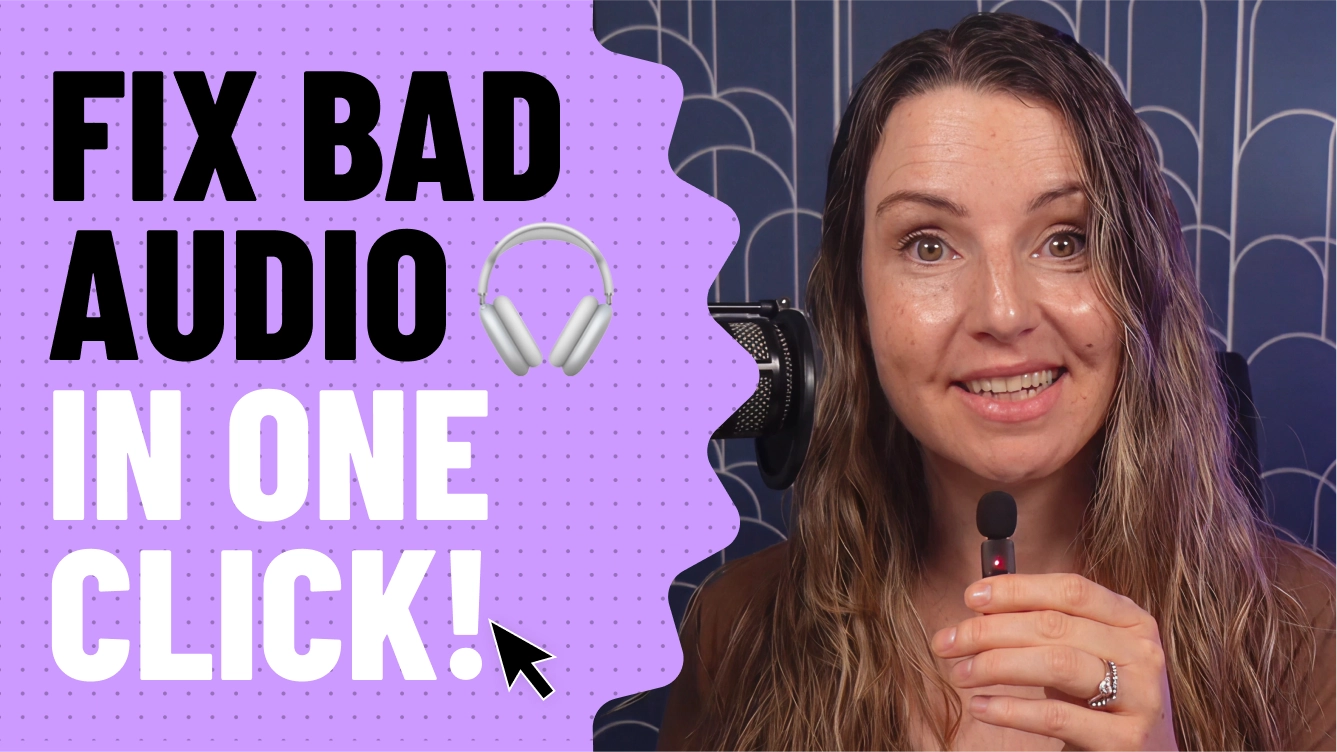Finding the right music to score your podcast or video can be a challenge. You can always license something, of course, but that involves reading a certain amount of fine print — and then paying up for the rights to your track. (We’ve covered this before, but in case you missed it: royalty-free music isn’t the same thing as free, full stop.) It’s also possible that you’ll end up hearing your podcast music being used on someone else’s show, since you usually aren’t buying an exclusive license to the track.
If you want to avoid all of that, you might go straight to the source and hire a composer to make you something original. Yes, this route also requires a financial investment, but it allows you more fine-tuned control over what you get, and you know that the results will be totally unique to your show. Plus, you’re supporting an independent artist, and who doesn’t want to do that?
But composers aren’t exactly advertising their services on billboards, so how do you find one? And more importantly, how do you find the right one? We talked to Brandon McFarland, a composer and audio engineer at Vox, and got his tips for making sure you end up with a collaboration that hits the right note for everyone involved.
Listen in
There are plenty of sites where you can find eager young composers plying their wares. Brandon says that when he freelanced, he used to book jobs via Fiverr; you can also try sites like Upwork or music-specific platforms like Voices to find yourself a composer.
If you have a strict budget, these sites will allow you to sort by rate so you don’t fall in love with someone you can’t afford. Word to the wise: some composers will work hourly, but others charge per minute of finished music. It’s just as important to understand how folks work — and how they charge — as it is to mesh creatively, since financial conflicts have derailed plenty of creative partnerships.
Once you’ve figured out who’s around your price range, check out what kinds of experience they have and — most importantly — listen to the music samples they’ve provided. That will let you know what their style is, and whether they know how to make what you’re looking for. You might also ask about their working style and schedule to make sure everyone’s on the same page, especially if it’s a rush job.
If you want to go a bit bigger, Brandon also suggests hitting up your favorite indie band members to see if they’re down to make you something custom. “You'd be surprised — or maybe not,” he says with a laugh. “Musicians are always down to work, no matter what the project is.”
Set the stage

Once you’ve got your composer on board, sit down and define the scope of the project with them. Is it just a theme song, or do you also want background music? Do you already know where you want music, or do you want their input about what parts could use some scoring? How many minutes of music do you think you’ll need, and how many rounds of revision do you want to plan for on each piece? Some composers will be willing to work out a project rate with you, while others will prefer to stick to hourly. It’s important to get all of the administrative details out of the way early so that the composer can dedicate themselves to being creative instead of worrying about whether they’re going to be adequately compensated for their time.
What should you have ready when you hire a composer? Brandon says that typically if he’s scoring a narrative podcast, a producer will hand him a script that’s already been annotated to let him know where they want music to come in. For chat shows, they’ll play him tape so he knows what he’s working with. And if he’s making something more general, like podcast intro music? “It’s super fun — we throw all the things at the board and see what sticks,” he says. “I usually do three versions, let them pick their favorite, and go from there.”
But let’s say you have something specific in mind, sonically speaking. How do you let the composer know what you’re looking for?
Be specific
This can be the trickiest part, especially if you don’t play music yourself.
“People are good at explaining what they don't like,” Brandon says. “So once you've presented some options, that always helps, but it only goes so far.” Instead, he advises, try to explain what you do want from the outset. You don’t have to be naming instruments or time signatures — even more general hints are appreciated.
“Use words that are emotive,” Brandon suggests. “More specific than happy or sad, if you can. Like, anxious is good, or tense.”
You might also specify a tempo, he says — let your composer know if you want something fast and driving or slower and more languorous. He also encourages you to give examples of what you’re thinking of if you can’t define it in words. It can be as general as a genre or as specific as a particular song. You’re not asking them to write you a knockoff — just giving them a base to work off of, Brandon says.
And when in doubt, specific is always better than general. “The last script I got just said emotional beat,” he recounts. “And I was like, oh, that is not gonna work.”
Working with a composer isn’t as simple or cheap as choosing a track from a playlist, but it can be a lot more rewarding. At the end of it all, you’ll have completely original music that will make your project sound polished, professional, and one of a kind.






%20(1).JPG)

































